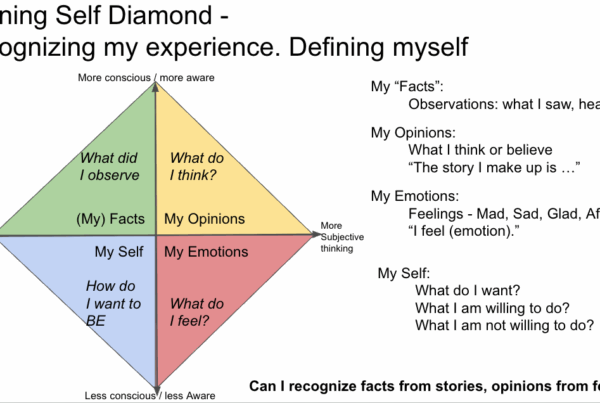
Thinking is connected to the immune system
The saying, being sick of one’s family, is more accurate than you might think. New research is providing evidence for how relationships impact health. Or, from a systems perspective, how you react to your family can make you sick. A recent study has clarified the mechanisms and biological pathways of how this brain-gut-immune system works. Simply put, what goes on in the brain changes the level of chemical secretions in the gut. This impacts the bacteria populations, which allows foreign bits of stuff into the blood. The body’s immune system kicks in, which is a sign of illness. If this happens as a chronic process, it leads to more severe illness. Yes, there is something you can do about it. Read on!
The gut is impacted by chronic anxiety
Dr. Bowen wrote about the impact of chronic anxiety and how that leads to symptom development. I believe this manifests in two significant ways. First, if there is a level of tension, anxiety, or discomfort in a relationship, that can lead us to use what Dr Kerr called anxiety-binding mechanisms. Examples of anxiety-binding behaviours are staying at work because it just feels better, drinking or smoking to relax, and mindlessly scrolling on social media. Anxiety binders are “soothing” type behaviours that can manifest in many different kinds of behaviours, many of which have negative trajectories (substance use of all types, for example).
The second-way tension in a relationship can manifest is in a background level of anxiousness that acts on circuits in the brain. This is the situation I’m outlining today. (The research article is listed below.) Note, however, that the anxiety comes first, and the anxiety binding comes second. So, there is a good chance that this will apply in both situations.
Anxious gut impacts the immune system
The process starts with an area of the brain called the central amygdala and then uses a nerve pathway that includes the vagal nerve to stimulate a particular gland in the intestine. These glands, called Brunner’s glands, secrete chemicals that promote the growth of Lactobacilli bacteria. These are considered good bacteria and are in many “probiotics.” They promote a healthy gut that filters out bad stuff so only good stuff gets absorbed into the bloodstream. When this filtering weakens, “foreign” molecules enter the bloodstream. (This is what leaky gut is about.)
When foreign things enter the bloodstream, the immune system gets turned on to clean things up. That’s good; the immune system is supposed to do this. The immune system is designed to ramp up when it senses bacteria or viruses and then settle down. But this pathway of anxiety to the gut to immune response can trigger a lower-grade constant reaction. If the body thinks it’s always sick, it’s not healthy for the body. Like many things, too much of a good thing can be harmful.
How we think about relationships impacts health
Thus, when the brain senses a threat, this can send signals to glands in the gut that degrade the protective influence of bacteria, allowing material in the gut to enter the bloodstream and that causes the immune system to crank up. Most things in nature work on a continuum, not as “all or nothing.” So, it is likely that this process can happen along a continuum as well, from hardly noticeable to creating symptoms over time.
This is how constant worry, tension, and discomfort about a relationship with a parent, partner, or child can make you feel sick. It is the immune system activation that creates feelings of being sick. These feelings result from increased inflammation and defensive chemicals being released into the body. Chronic worry can create a chronic immune response, which isn’t healthy.
Healthy relationships, calm mind, healthy gut
One major contributor to stress in relationships is a person not clearly defining themselves. Going along to avoid conflict can be unhealthy if it leads to anxiety and more intense negative thinking. The short-term tension that can happen when a person works to define themselves more is just that: short-term. The relationship typically shifts to a calmer state.
The authors pointed out that behaviours that calm the individual and/or probiotics rich in Lactobacillus can counteract the adverse effects. However, these don’t address what leads to the anxious state that triggers this process. Understanding how one comes to be anxious and what part one plays in that allows one to create a plan to change one’s part to lower the level of anxiety one experiences.
This research is clear: my family doesn’t make me sick. However, how I think about my family can significantly impact my gut health and immune system. Using a system’s perspective can help me understand how to change so I can be less anxious.
A dose of defining self might be our best daily supplement for better overall health.
Thank you for your interest in family systems.
dave galloway
Would you like to read a post on a particular topic? Send me your ideas – dave.galloway@livingsystems.ca.
Check out our podcast on Youtube
The research that inspired this article is here.
Read more about Bowen Theory here
This post might also be of interest: Can anxiety be bound


